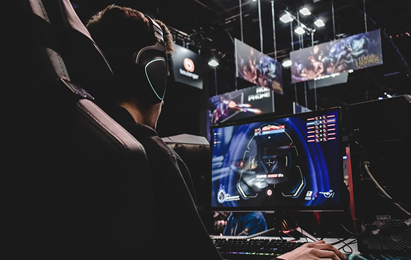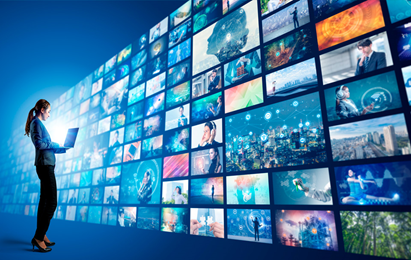

An in 21st century technology has made advances in various fields. For example AI There is also Deepfakes are fake videos,photos or content created using artificial intelligence and machine learning where you create fake content by swapping faces to create a completely different scenario. Where the face swaps but the face movement remains the same. This creates a lot of misinformation among people and also ruin the victims career. Deepfakes can be both used for good and bad but nowadays it is only used for bad situations by using individuals face without his/her consent which makes deepfakes a bad experience. Deepfakes are spreading all over India quickly where 75% Indians have come across deepfakes content. This is why deepfakes create a very bad image in the society.
Deepfakes represent a significant challenge in today's digital landscape, posing threats beyond just misinformation. They undermine trust in media and jeopardize personal and public perception. The potential for misuse extends beyond individual reputations to include political manipulation, corporate sabotage, and even the destabilization of democratic processes. As these technologies become more sophisticated and accessible, the need for robust detection and prevention mechanisms becomes increasingly urgent. Efforts are underway globally to develop AI-driven tools capable of identifying deepfakes and distinguishing them from authentic content. Moreover, raising awareness about the existence and potential harms of deepfakes is crucial in fostering a vigilant and informed society capable of navigating the complexities of our digital age. By addressing these challenges proactively, we can mitigate the negative impacts of deepfakes and harness AI responsibly for the betterment of society.
Deepfakes, which are realistic but artificially generated images, videos, or audio clips, can cause a range of problems
Developing advanced AI detection tools, raising public awareness and media literacy, implementing strict regulations and laws against malicious use, and establishing robust authentication systems to verify digital content. Collaboration between tech companies, governments, and researchers, along with the promotion of ethical guidelines for AI-generated content, is essential to mitigate the risks and impact of deepfakes effectively.
So in conclusion if deepfakes develop even more to a extend where we cannot detect which is real and fake where it can be so bad and a serious problem to a level in the future that we may not be able judge depending on the evidence where it might be fabricated. But this is just my theory Deepfake can may be good for society but the misuse of deepfake can definitely cause havoc in the society we live in which we may not be able to imagine.